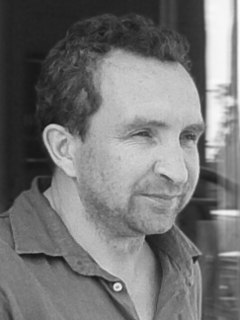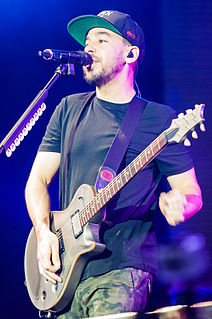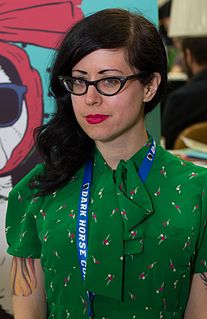A Quote by William Zinsser
Not everybody has a talent for painting, or for the piano, or for dance. But we can write our way into the artist's head and into his problems and solutions. Or we can go there with another writer.
Related Quotes
It's akin to style, what I'm talking about, but it isn't style alone. It is the writer's particular and unmistakable signature on everything he writes. It is his world and no other. This is one of the things that distinguishes one writer from another. Not talent. There's plenty of that around. But a writer who has some special way of looking at things and who gives artistic expression to that way of looking: that writer may be around for a time.
Why was the painting made? What ideas of the artist can we sense? Can the personality and sensitivity of the artist be felt when studying the work? What is the artist telling us about his or her feelings about the subject? What response do I get from the message of the artist? Do I know the artist better because of the painting?
Find something you like, go into a room, close the door and read it aloud. Read it aloud. Everybody in the world who likes dance can see dance, or hear music, or see art, or admire architecture - but everybody in the world uses words who is not a recluse or mute. But the writer has to take these most common things, more common than musical notes or dance positions, a writer has to take some adverbs, and verbs and nouns and ball them up together and make them bounce.
If you want to be an artist, you have to know that art is an ongoing practice, that you're part of a long line. Take this test: if someone offered you a billion dollars, but you could never draw another illustration or write another word, would you take it? If you reject it, you need to find another way to pay the bills, but you're still an artist.
I have spent a good many years since?too many, I think?being ashamed about what I write. I think I was forty before I realized that almost every writer of fiction or poetry who has ever published a line has been accused by someone of wasting his or her God-given talent. If you write (or paint or dance or sculpt or sing, I suppose), someone will try to make you feel lousy about it, that's all.
Everybody has a talent, whether it's scrapbooking, or kite-flying, or brain surgery, or writing, everybody has a talent. And if they discover it, and they turn it to their purposes and make a living out of it, then they become not "that person," but they become "that writer" or "that doctor" or "that supervisor."
To write with taste, in the highest sense, is to write [...] so that no one commits suicide, no one despairs; to write [...] so that people understand, sympathize, see the universality of pain, and feel strengthened, if not directly encouraged to live on. If there is good to be said, the writer should say it. If there is bad to be said, he should say it in a way that reflects the truth that, though we see the evil, we choose to continue among the living. The true artist [...] gets his sense of worth and honor from his conviction that art is powerful--






































